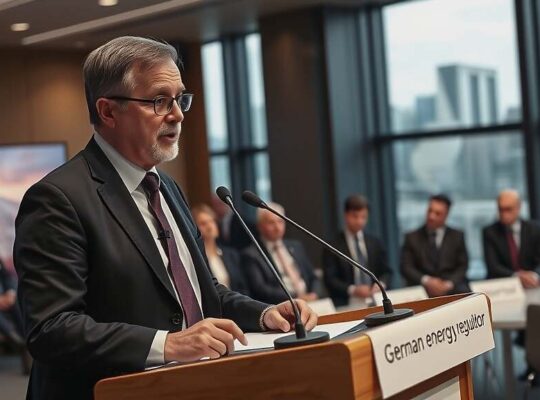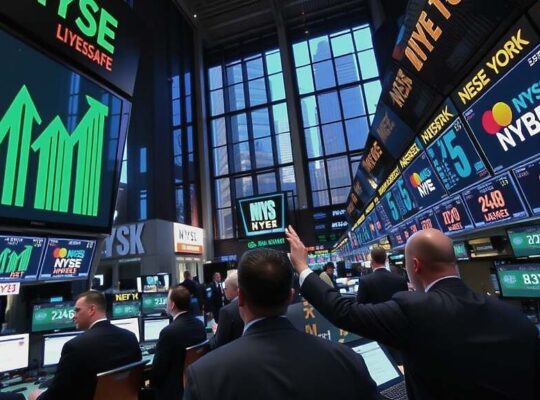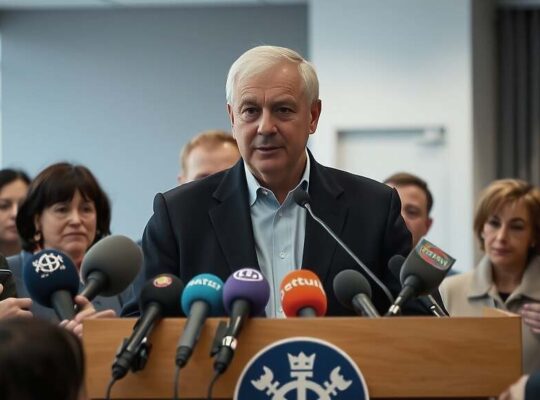The International Monetary Fund (IMF) is raising concerns about the fragility of global financial markets, drawing parallels to the dot-com bubble of the late 1990s. Pierre-Olivier Gourinchas, the IMF’s chief economist, cautioned in an interview with Handelsblatt that the intense excitement surrounding emerging technologies, particularly artificial intelligence, poses a significant risk of overheating the market. A subsequent correction, he warned, could trigger a substantial downturn in investment and consumer spending.
Beyond the AI-driven exuberance, Gourinchas identified simmering trade conflicts as the most considerable threat to the world economy. His assessment directly challenges the narrative of some national policies, asserting that “there are no winners in a trade war – only relative losers” a sentiment echoing across continents and impacting even the United States. While U.S. economic growth has fallen short of prior IMF projections, core inflation – excluding energy and food – remains stubbornly above three percent, suggesting underlying vulnerabilities.
The German government has offered a contrasting perspective, praising the IMF’s assessment of its recent debt-financed stimulus package. Berlin argues that strategic investments in infrastructure, facilitated by increased borrowing, will ultimately strengthen Germany’s competitiveness. However, Gourinchas tempered this endorsement with a call for further structural reforms. As a society facing demographic challenges, Germany, he argued, must prioritize policies that foster greater employment, particularly addressing the work-life balance to unlock untapped potential. He characterized Germany’s current growth potential as “simply too low” highlighting the need for bold and comprehensive measures to revitalize its economy. The diverging views underline the complex political landscape and the debate surrounding fiscal policy in an increasingly uncertain global financial climate.












